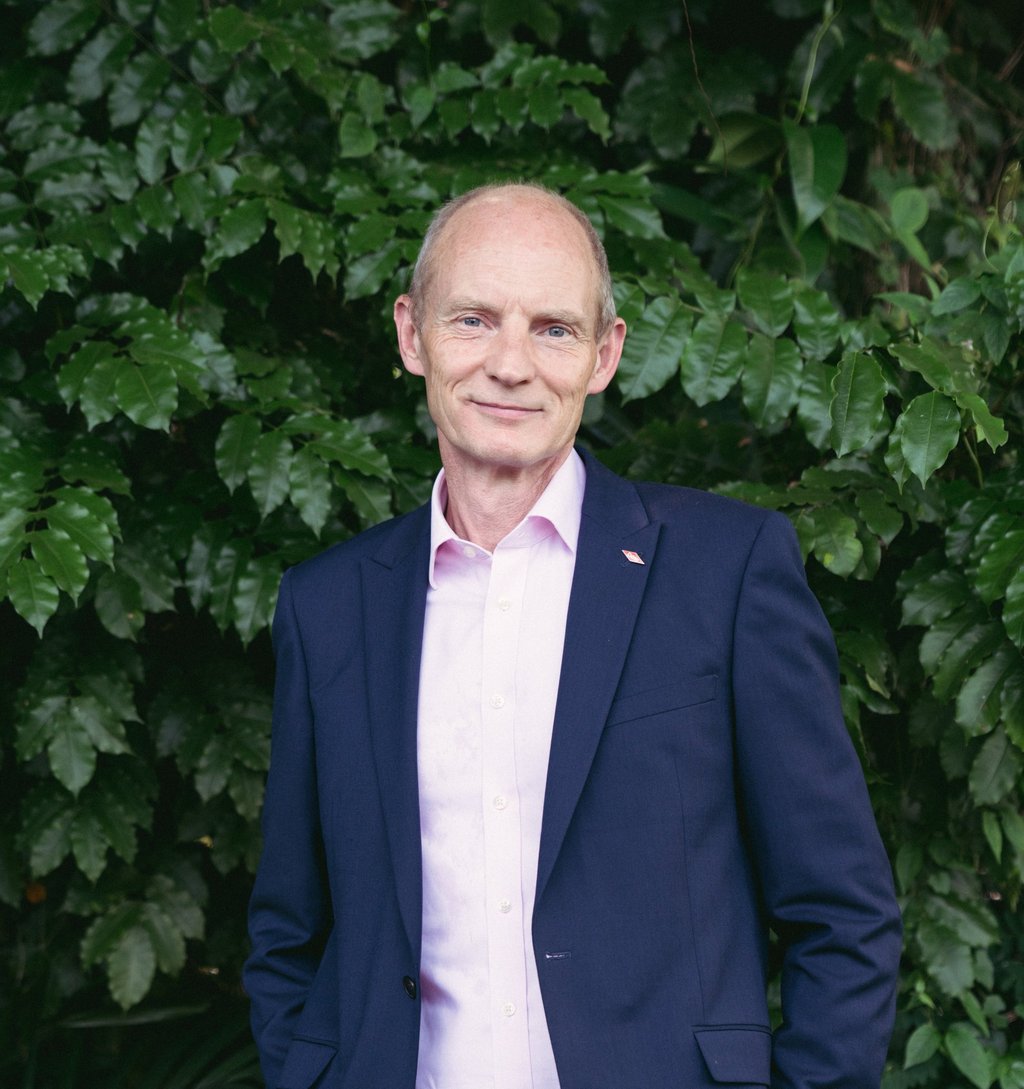Why sustainability is not only good for the planet, but makes good business sense
- Dow, a 125-year-old company and a leader in materials science, is working to achieve net-zero emissions, end plastic waste and transition into a circular economy
- Jon Penrice, the company’s Asia-Pacific president, says sustainability goals can be reached through actions that also create economic value
[Sponsored article]
For years, the issue of sustainability has been on a steady climb towards the top of the global business agenda, but discussions are now accelerating as extreme climate events continue to unfold. Raging wildfires are hitting the western US again this year, while in Australia, torrential downpours are causing such severe flooding that they have been nicknamed “rain bombs”.
It is undisputed that Asia has the potential to play a big role in environmental sustainability. An estimated 80 per cent of the plastic waste in the world’s oceans comes from rivers across the continent. Furthermore, the region accounts for more than half of global carbon emissions. Even though many Asian countries have announced ambitious net-zero carbon targets, there is still much to do.

Global materials science expert Dow is keen to play a leading role in tackling these pressing environmental issues. Cynics might think that when it comes to a company built around selling man-made materials, addressing sustainability is an attempt at greenwashing – but the 125-year-old industrial giant has laid out clear goals and plans.
The environmental solutions currently being implemented by Dow make use of the keys to the company’s long-time success: science and technology. Today, 80 per cent of Dow’s research and development projects are dedicated to supporting climate protection, transitioning into a circular economy that repurposes used products, and developing safer materials.
Dow has set targets to achieve carbon neutrality by 2050, in line with the 2015 Paris Agreement on climate change. That commitment was reinforced last year, when the company announced its plan to build the world’s first net-zero carbon emissions integrated ethylene cracker and derivatives facility in the Canadian province of Alberta, which is expected to see significant decarbonisation results by 2030.
Another of the company’s sustainability commitments calls for enabling 100 per cent of Dow products sold into packaging applications to be reusable or recyclable by 2035. Dow is already close to achieving that goal, having reached 81 per cent by 2020.
